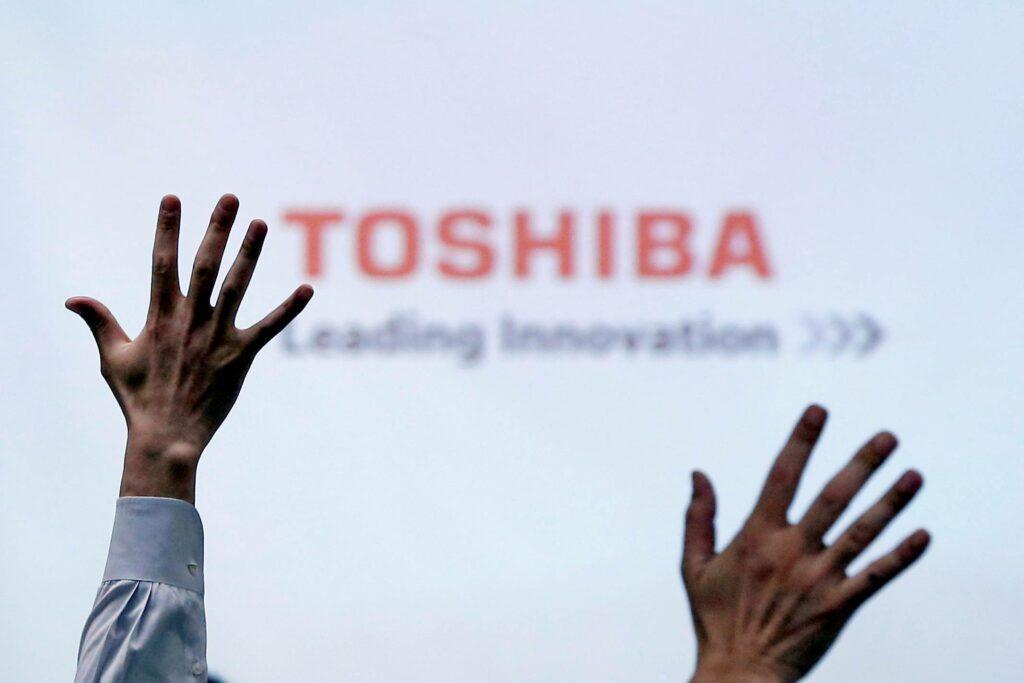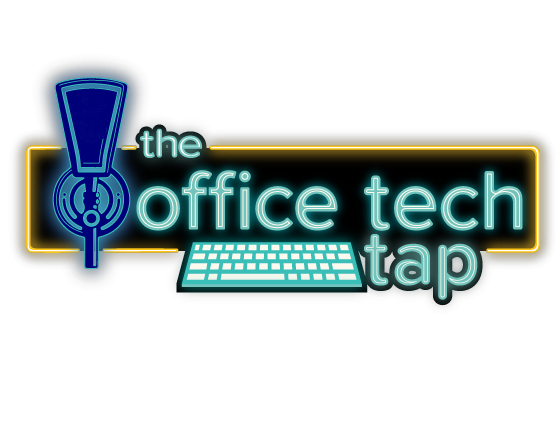Execs In The Hot Seat

March 30, 2023
Industry
Toshiba’s Shareholders Left Disappointed Again
Looks like Toshiba’s board members have more lives than a cat.

Toshiba’s shareholders have once again been left disappointed after the Japanese conglomerate’s latest annual meeting. The company, which has been embroiled in a series of scandals in recent years, faced opposition from some of its biggest shareholders who wanted to replace current board members with their own nominees. However, Toshiba managed to fend off the challenge, with only a handful of the proposed replacements being voted in. The company argued that its current board was the best option to steer Toshiba through its current difficulties and into a brighter future.
The outcome of the meeting reflects a broader trend in Japan, where companies often prioritize stability and continuity over shareholder activism. Critics argue that this approach can stifle innovation and hinder growth, but defenders say that it helps to maintain long-term stability and protect the interests of all stakeholders, not just short-term investors. Toshiba is no exception, with some experts suggesting that the company’s problems stem from a lack of clear direction and focus, rather than any particular governance issues.
Despite this setback, Toshiba’s management is upbeat about the company’s future prospects, pointing to recent restructuring efforts and a renewed focus on core businesses such as semiconductors and energy. The company also faces challenges from external factors such as the ongoing COVID-19 pandemic and global supply chain disruptions, but its leaders are confident that Toshiba can weather these storms and emerge stronger than ever. Whether shareholders will share this optimism remains to be seen, but for now, Toshiba appears to be firmly in control of its own destiny.
– Greg Walters, Head Writer
Industry
Printing-Tech Invasion: Co-working Spaces of the Future
Where smart spaces, digital doodles, and virtual handshakes collide!

An article on Allwork.Space discusses three innovative technological tools poised to redefine the future of co-working centers, focusing on enhancing productivity, connectivity, and user experience within shared workspaces. These advancements, which include smart spaces, digital whiteboards, and virtual reality, present opportunities for the office technology industry to capitalize on the growing co-working movement.
Smart spaces utilize IoT (Internet of Things) devices, AI, and machine learning to create automated, intelligent environments that adjust to the occupants’ needs and preferences. In co-working settings, smart spaces optimize lighting, temperature, and other environmental factors according to user preferences, saving energy and enhancing comfort. Additionally, these technologies can track occupancy and usage patterns, enabling co-working centers to optimize space allocation and offer more efficient, flexible solutions. The office technology industry can benefit from increased demand for IoT devices and smart systems, driving innovation and generating new revenue streams.
Digital whiteboards, or interactive displays, are upgraded versions of traditional whiteboards that facilitate real-time collaboration and information sharing. The technology connects to the internet, allowing users to share content, annotate, and collaborate on the same canvas, regardless of their physical location. These whiteboards streamline project management, boost creativity, and improve communication in co-working centers. The office technology industry can capitalize on the growing need for advanced collaboration tools by developing and supplying state-of-the-art interactive displays.
Virtual reality (VR) is set to transform co-working by offering immersive experiences for remote collaboration, training, and socializing. Using VR headsets and platforms, co-working centers can provide a sense of presence for remote workers and enhance their engagement with colleagues and clients. VR technology also enables co-working centers to host virtual events, workshops, or conferences, expanding their reach and increasing networking opportunities. The office technology industry can tap into this emerging market by developing and distributing VR solutions tailored for co-working environments.
The industry can capitalize on the rapidly evolving co-working landscape, meeting the needs of modern professionals and businesses. As co-working centers continue to adapt and innovate, the integration of these cutting-edge tools will lead to better collaboration, increased productivity, and an enhanced user experience, generating growth and opportunities for the office technology sector.
– Greg Walters, Head Writer
Work Trends
Bill Gates Talks AI: The Future of Office Tech
Finally, a boss who won’t take lunch breaks.

In his article titled “The Age of AI Has Begun,” Bill Gates discusses the potential of artificial intelligence (AI) and its impact on society. Gates highlights how AI is already making a significant impact in fields such as healthcare, agriculture, and education. He believes that AI can help us solve some of the world’s biggest challenges, from climate change to disease prevention.
One area where Gates sees great potential for AI is in the office technology industry. He believes that AI can improve productivity and make work easier for employees. For example, AI-powered chatbots can help businesses automate customer service and streamline workflows. AI can also help with tasks like scheduling and project management, allowing employees to focus on more important work.
However, Gates acknowledges that there are also potential downsides to AI, such as job displacement and privacy concerns. He argues that we need to be proactive in addressing these issues and ensuring that AI is developed and used responsibly.
Gates sees AI as a powerful tool that can help us solve some of the world’s biggest challenges and improve our lives in countless ways. However, he cautions that we need to be mindful of the potential risks and take steps to mitigate them. In the office technology industry specifically, AI has the potential to revolutionize the way we work and increase efficiency, but we must also be careful to ensure that it does not come at the expense of employee well-being or job security.
– Greg Walters, Head Writer
Work Trends
Tech Executives Grilled by Congress Over Data Privacy and Antitrust Concerns
Congress to tech CEOs: It’s time to update your policies.

During a recent hearing before the Senate Subcommittee on Competition Policy, Antitrust, and Consumer Rights, executives from three prominent tech companies – TikTok, Shou, and Chewy – faced questioning from lawmakers regarding various issues, including data privacy, child safety, antitrust concerns, and pricing strategies.
TikTok‘s representative, Michael Beckerman, defended the company’s policies and stated that it was committed to protecting user privacy, adding that the company had implemented various measures to safeguard against harmful content and fake news. Beckerman also emphasized that TikTok had created thousands of jobs and generated billions of dollars in revenue for the US economy.
On the other hand, Shou and Chewy executives faced more rigorous questioning from lawmakers over their market dominance and pricing strategies. Shou’s CEO, Rui Chen, was questioned about the company’s practice of charging high fees to content creators who wished to cash out their earnings, while Chewy’s CEO, Ryan Cohen, was questioned about the company’s alleged anticompetitive practices in the pet food market.
Despite the tough questioning, all three companies emerged relatively unscathed from the hearing, with lawmakers praising their contributions to the economy and job market. However, the hearing also highlighted the ongoing debate over the role of big tech in society and the need for greater transparency and accountability from these companies.
The hearing provided a platform for lawmakers to scrutinize the practices of these tech companies and hold them accountable for their actions. It also underscored the importance of data privacy, child safety, and antitrust regulations in the tech industry. As these issues continue to be hotly debated, it remains to be seen how policymakers will respond and whether they will take further action to regulate the tech industry.
– Greg Walters, Head Writer
Internet Relay Chat – News to Go
- Why you should never bring your laptop to a meeting—and how to meet without them
- Apple will spy on workers to enforce return-to-office mandate: report
- ChatGPT for Business: Exploring the Power of Generative AI
- 3 winners and 3 losers from Congress’s TikTok hearing
- Will Working from Home Kill the City?



